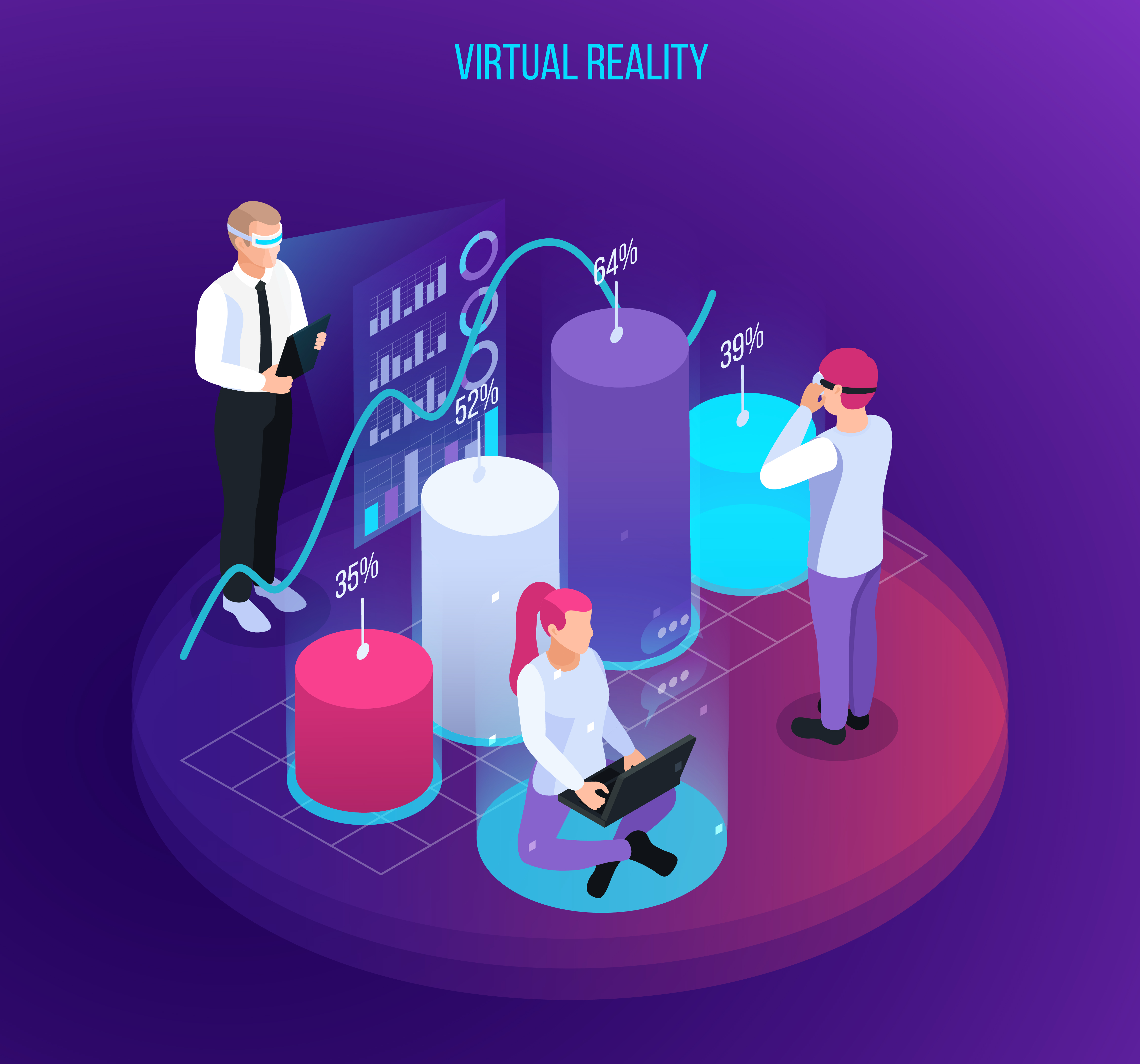You might not realize it, but 5G technology is set to be the next big leap in mobile networking. 5g, which will replace 4g, is expected to revolutionize the way we connect, communicate. Also, engage with the outside world. 5g technology is influencing the direction of telecommunications with its promises of extremely fast internet speeds, almost instantaneous connectivity. Also, support for a wide range of connected devices.
In contrast to its predecessors, 5G offers low latency, high-speed data transfer, and expanded network capacity through a more sophisticated infrastructure. Future innovations, such as augmented reality, smart homes, and driverless cars, are being driven by 5G technology.
What is 5G?
It may surprise you to learn that 5G stands for fifth generation mobile network technology. It provides lower latency and faster speeds than previous mobile network generations, such as 4G. Additionally, the ability to connect multiple devices simultaneously. 5G promises speeds of up to 20 gbps, while 4G promises speeds of only 1 gbps. This could significantly change industries like gaming and streaming. The internet of things (IoT) is another.
5G vs 4G – What's the Difference?
While 5G and 4G may seem similar, they have several key differences that set them apart in terms of speed, latency, and applications. Here’s a quick breakdown:
| Feature | 5G | 4G |
|---|---|---|
| Speed | Up to 20 Gbps | Up to 1 Gbps |
| Latency | As low as 1 millisecond | Around 30-50 milliseconds |
| Capacity | Higher capacity for connected devices | Limited capacity for devices |
| Use Cases | Autonomous vehicles, smart cities, AR/VR | Mobile streaming, social media |
| Device Density | 1 million devices per square km | 100,000 devices per square km |
The drastic improvement in speed and latency with 5G enables a host of new applications that were previously impossible with 4G.
When Will 5G Be Available Worldwide?
The global rollout of 5G is happening in phases, and while some countries have already introduced it, others are still working on its infrastructure. As of now, 5G is available in over 60 countries and is expanding rapidly. However, full global coverage is expected by 2025, when most major cities around the world will have access to 5G networks.
Countries like South Korea, the United States, China, and Japan are leading the charge in 5G deployment, with significant progress being made in Europe as well.
5G Use Cases and Benefits
5G is not just about faster internet speeds; it’s about enabling entirely new use cases and industries. Here are some practical applications:
-
Autonomous Vehicles:
5G opens the door to safer, more effective self-driving cars by facilitating real-time communication between infrastructure and vehicles. -
Smart Cities:
5G is crucial for the creation of smart cities, where everything is connected, from waste management to traffic systems, thanks to its capacity to link millions of devices. -
Remote Healthcare:
The ultra-low latency that 5G offers can make telemedicine, remote surgeries, and real-time health monitoring commonplace.
5G Network Rollout Countries
Here are a few countries where 5G networks are already operational or under rapid deployment:
-
South Korea: Spearheading the global rollout of 5G with extensive coverage.
-
United States: Telecom firms like Verizon and AT&T are pushing forward with the rollout of 5G in major cities.
-
China: One of the biggest markets, where urban areas are rapidly adopting 5G.
-
Japan: 5G trials for driverless cars and other cutting-edge applications are being held there.
Comparison Table: 5G vs 4G
| Feature | 5G | 4G |
|---|---|---|
| Download Speed | 20 Gbps | 1 Gbps |
| Upload Speed | 10 Gbps | 100 Mbps |
| Latency | 1 millisecond | 30-50 milliseconds |
| Device Connectivity | 1 million/km² | 100,000/km² |
| Key Use Cases | Smart Cities, AR, VR, IoT | Streaming, Browsing |
Frequently Asked Questions (FAQs)
1. What makes 5G faster than 4G?
Faster data transfer is made possible by 5G's use of a wider frequency spectrum and more sophisticated technology, such as millimeter waves.
2. When can I expect 5G in my country?
5G is still being rolled out globally, and many nations have already begun to provide limited 5G access. By 2025, full coverage is anticipated.
3. Are 5G mobile phones expensive?
Although 5G phones were expensive in the beginning, costs are decreasing as the technology becomes more widely used.
4. Will 5G work with my current 4G devices?
No, in order to access 5G networks, you must have a phone or other device that supports 5G.
5. Is 5G safe?
Yes, 5G technology is thoroughly tested to guarantee its safety for use and complies with international health and safety standards.
Benefits and Usage of 5G Technology
The benefits of 5G are vast, extending beyond just faster internet. Here are some of the top advantages:
-
Faster Speeds:
Download and upload speeds that are much faster than 4G enable seamless streaming, gaming, and browsing. -
Low Latency:
5G's ultra-low latency allows near-instantaneous communication, which is crucial for applications like autonomous driving, online gaming, and virtual reality. -
Increased Capacity:
5G can support a much higher number of connected devices, making it ideal for the growing Internet of Things (IoT) ecosystem. -
Improved Reliability:
With more stable and consistent connections, 5G offers greater reliability in mission-critical applications like healthcare, emergency services, and industrial automation.
In conclusion, 5G is a technological revolution that will transform industries, connect more devices, and improve real-time communication and services. It is not merely a small improvement. Anticipate new opportunities to arise in nearly every industry as its rollout continues, including healthcare and entertainment.
 Top Technology Trends 2025 – What’s Trending in Technology
Top Technology Trends 2025 – What’s Trending in Technology  Big Beautiful Bill: A New Tax Break for Social Security?
Big Beautiful Bill: A New Tax Break for Social Security?  iOS 26: Release Date, Supported iPhones, Beta, and Rumors
iOS 26: Release Date, Supported iPhones, Beta, and Rumors  Home Decor & Interior Design Ideas for a Beautiful 2025 Home
Home Decor & Interior Design Ideas for a Beautiful 2025 Home  Amazon Tariffs 2025: Tariff Cost Display Announcement & Political Insights
Amazon Tariffs 2025: Tariff Cost Display Announcement & Political Insights  Capital Summertime Ball 2025: The Ultimate Music Event of the Year
Capital Summertime Ball 2025: The Ultimate Music Event of the Year 




